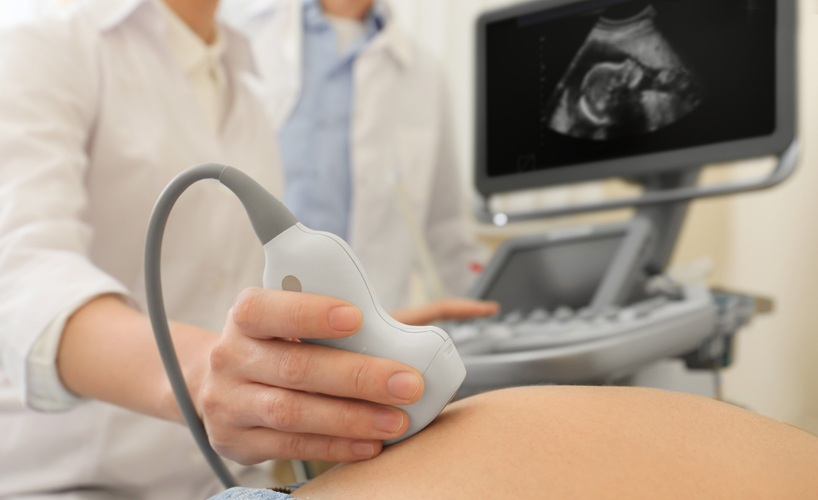AI Improves Detection of Congenital Heart Defects on Routine Prenatal Ultrasounds
Posted on 11 Feb 2025
Congenital heart defects, which are abnormalities of the heart present at birth, are the most common type of birth defect. Approximately 1 in 4 babies born with a heart defect will have a condition severe enough to require surgery or other medical interventions within their first year of life. Despite advancements in prenatal care, the detection rate of congenital heart defects during routine ultrasounds remains suboptimal. However, a new study has found that artificial intelligence (AI) can assist clinicians in better detecting congenital heart defects during routine prenatal ultrasounds. The findings of this study were presented at the Society for Maternal-Fetal Medicine’s (SMFM) annual meeting, with the abstract published in the open-access journal Pregnancy.
In the study, a team of physicians from the Icahn School of Medicine at Mount Sinai (New York, NY, USA), with experience ranging from one to over 30 years, reviewed a set of 200 ultrasounds. The review involved 14 OB-GYNs and maternal-fetal medicine subspecialists who assessed each ultrasound, both with and without the use of an AI-based software program from BrightHeart (Paris, Francei). The data were compared to determine whether the AI software enhanced the clinicians' ability to detect cases that were suspicious for congenital heart defects. The results showed that, regardless of the physician’s experience or subspecialty training, the AI system significantly improved the ability of clinicians to detect cases of congenital heart defects. Additionally, the study found that the clinicians' confidence in detecting these defects increased, and they were able to determine whether a case was suspicious more quickly with the assistance of the AI software.

“Our findings show that the AI-based software significantly improved detection of ultrasounds that were suspicious for congenital heart defects not only among OB-GYNs but also among maternal-fetal medicine subspecialists. This has a tremendous impact in terms of neonatal outcomes and has the potential to change clinical practice,” said the study’s lead author Jennifer Lam-Rachlin, MD, a maternal-fetal medicine subspecialist.
“Most congenital heart defects occur in pregnancies that are considered low risk, which means the pregnant person is most likely being seen by an OB-GYN versus a maternal-fetal medicine subspecialist who has more experience in detecting congenital heart defects,” added Christophe Gardella, Ph.D., chief technical officer for BrightHeart. “We built our AI software with experts to help elevate the detection rate, even among non-specialists, and drive earlier diagnosis to improve outcomes.”
Related Links:
Icahn School of Medicine at Mount Sinai
BrightHeart














